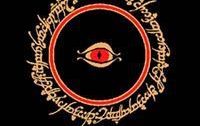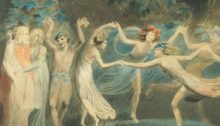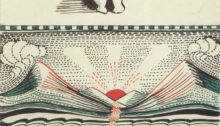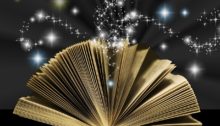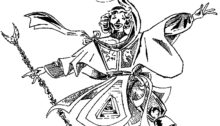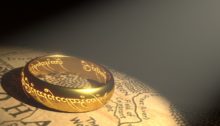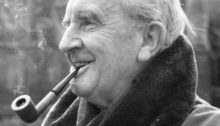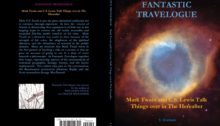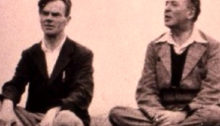Mapping JRRT Fan Fiction
How best to go about telling a Bildungsroman for the son of Arathorn II, for a youth who would become the Good King Elessar? Achieving qualities Tolkien so carefully evoked in his great cosmology and Lord of the Rings stories, the landscape, map, and texts of Middle-earth provide answers, addressing formal and structural concerns…
